 Authors: Bernd Waas, Wilma B. Liebman, Andrew lyubarsky and Katsutoshi Kezuka
Authors: Bernd Waas, Wilma B. Liebman, Andrew lyubarsky and Katsutoshi Kezuka
Date of Publication: 2017
Just a few years ago, crowdwork was virtually unheard of. That has changed. As if a synonym for the
transformation of work in the digital age, crowdwork is a crucial element of today’s platform
economy in which firms such as Uber, Alibaba, Facebook, Google and Airbnb operate. Crowdworkers
work under very different arrangements, and each case presents a slightly different employment
picture, some crowdworkers perhaps amounting to employees, others more like selfemployed
contractors (and others somewhere in between). But because few crowdworkers currently enjoy
social protections, this study also offers a broad variety of legislative options that could work to
address such shortcomings within several legal systems. [View resource]
 Author: Kanengoni A.
Author: Kanengoni A.



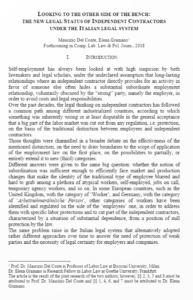 Authors: Elena Gramano and Maurizio Del Conte
Authors: Elena Gramano and Maurizio Del Conte
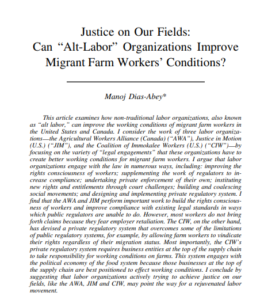 Author: Manoj Dias-Abey
Author: Manoj Dias-Abey
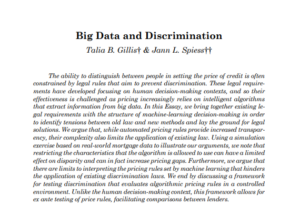 Authors: Tallia B. Gillis and Jann Spiess
Authors: Tallia B. Gillis and Jann Spiess
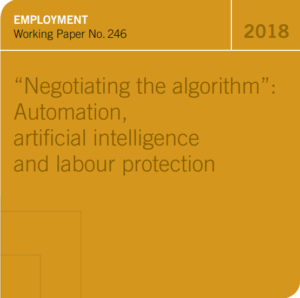 Author: Valerio De Stefano
Author: Valerio De Stefano
 Authors: Bernd Waas, Wilma B. Liebman, Andrew lyubarsky and Katsutoshi Kezuka
Authors: Bernd Waas, Wilma B. Liebman, Andrew lyubarsky and Katsutoshi Kezuka
 Authors: Forde C., Stuart M., Joyce S. et al.
Authors: Forde C., Stuart M., Joyce S. et al.
 This ILO flagship report provides a global overview of recent trends in social protection systems,
This ILO flagship report provides a global overview of recent trends in social protection systems,
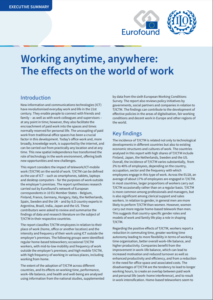 This report considers the impact of telework/ICT-mobile work (T/ICTM) on the world of work.
This report considers the impact of telework/ICT-mobile work (T/ICTM) on the world of work.